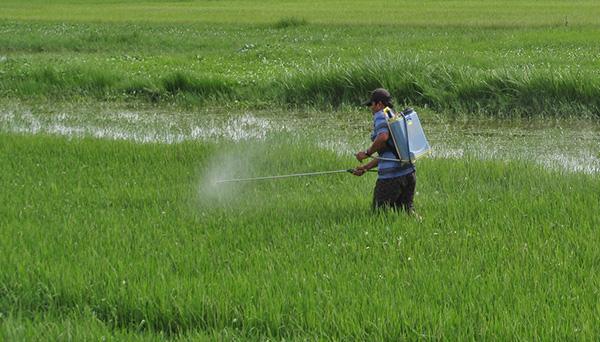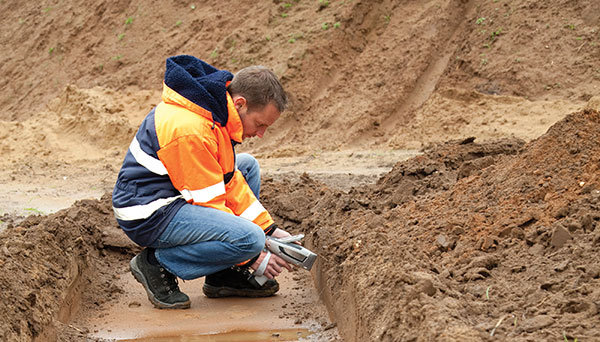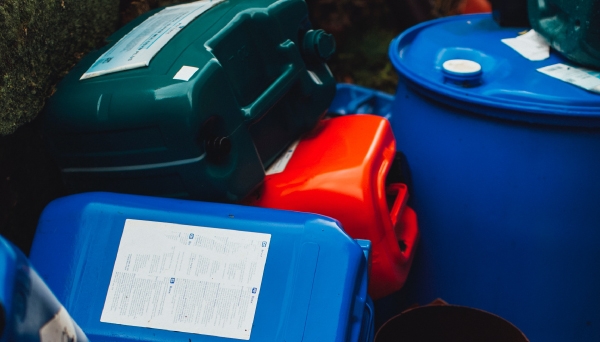Approaches for Identifying and Tracking Chemicals in Commerce in North America
Status: Completed
Operational Plan: 2011 - 2012
Chemicals are used to make the products we use every day, from clothes and furniture to toys, cars, buildings, and even the food we eat. Chemicals play an important role in our quality of life but some can be harmful to our health and the environment, especially when improperly used or poorly managed at any stage in their life cycle.
Historically, in North America and around the world, the way we characterize and manage some chemicals as harmful or toxic has at times been haphazard, often determined only after a chemical was found to pose a risk to human health or the environment. Canada, Mexico and the United States have established cooperative initiatives through the CEC to reduce the risks of chemicals that are harmful to human health and the environment in North America. These initiatives have supported the implementation of international agreements that address the assessment process for chemicals and improve their management worldwide.
Identifying and tracking chemicals is central to reducing risks associated with their production, use and disposal and provides the basis for establishing controls and regulation at national level. This project brings together experts from North America to improve the compatibility and comparability of each country’s databases of commercial chemicals, and provides technical support to Mexico as it completes its own chemicals inventory. Once the Mexican inventory is completed, decision-makers and the public in all of North America will have improved information to reduce risks of chemicals in use and to facilitate their sound management.
Beyond the preparation of inventories to achieve better understanding of chemicals, this project will highlight the efforts made in North America for the sound management of chemicals. In this regard, a North American Chemicals Conference would provide a forum to build transparency, discuss management of chemicals, and provide an opportunity to engage a wide range of stakeholders, including industry, business, trade unions, environmental nongovernmental organizations, organizations of women, indigenous organizations and tribes, academic institutions, and local and federal governments.

Related Projects

Risk Reduction Strategies to Reduce the Exposure to Chemicals of Mutual Concern
Operational Plan 2011 - 2012


